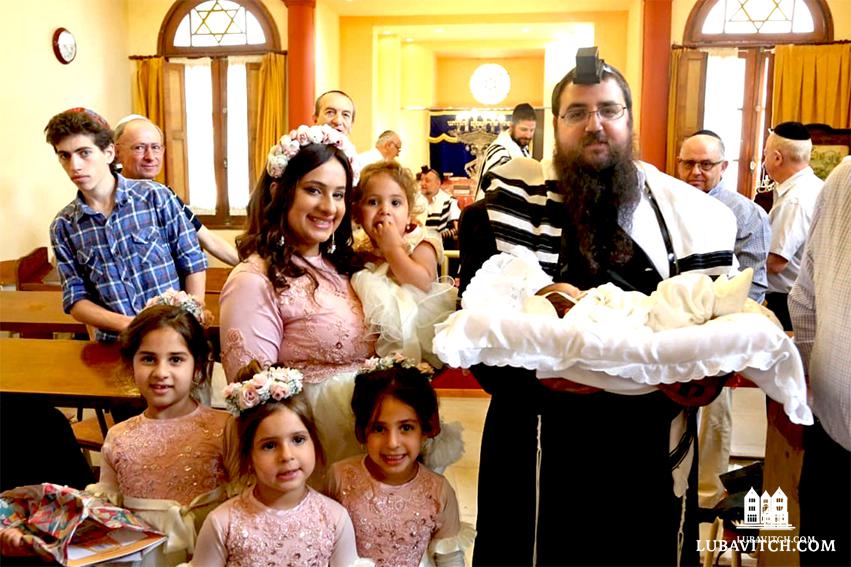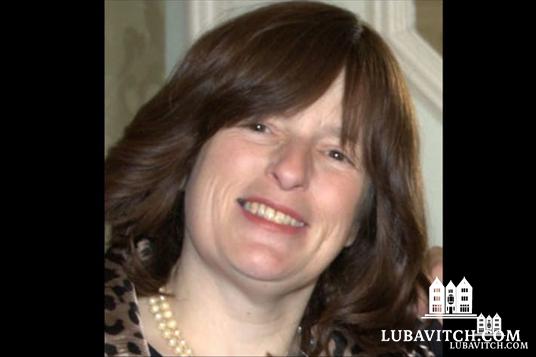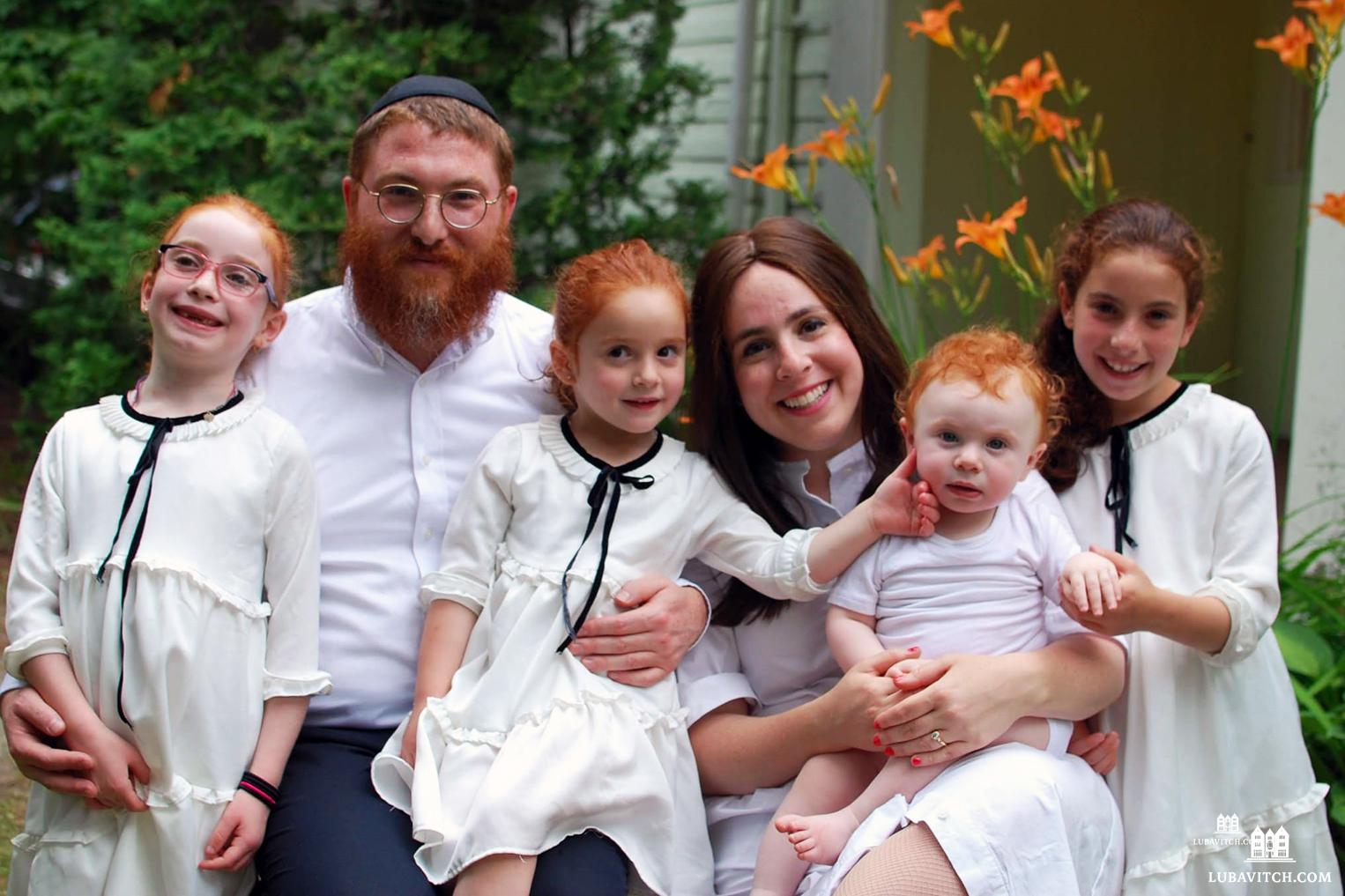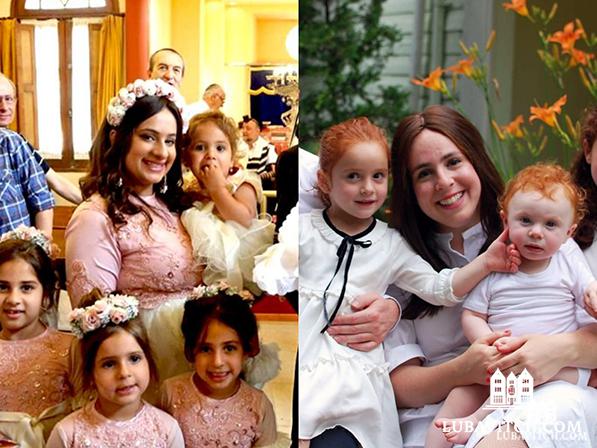Once a year, Chabad leaders serving communities around the world, meet at the Annual International Conference of Shluchot (Chabad women emissaries). At the last Kinus, Lubavitch.com caught up with several of the three thousand sisters-in-arms.
Chana Soriano, Chabad of Concordia, Argentina
Tell me a little about your place of shlichut.
“Concordia is a small village about an eight-hour drive from Buenos Aires, the closest big city. Some things are a little difficult, but we manage. We don’t have anything locally, no mikvah (I have to drive to Buenos Aires every time), no kosher food, no other observant families, but slowly, people are joining us for activities for kids, teens, men, women, for everyone.”
How were your first interactions with the local people?
“At the beginning, the Jews we met didn’t relate to us. They were nervous of strangers and thought we were coming to make changes to their village. Recently, they told us that they were “afraid” of us. ‘We thought you were aliens.’ But we’ve become close friends.
“Some have told us, ‘You’re like our Mom and Dad,’ which is touching. We have guys who were emphatically against Judaism and now they are in yeshiva, in Israel. I think it’s because they feel like we treat them as if they are our kids.”
You’re there four and half years. That’s a short time but you’ve made huge strides.
“Yes. Now we sell kosher food and there are many who purchase it. I make all of it. We bake cookies, cakes, and bread at home and milk and meat we bring from Buenos Aires.”
It’s a long way to travel from Concordia. Why did you go to the trouble to come?
“Firstly, it’s so nice to feel that someone else is now taking care of me. They make sure we have all the amenities we don’t have access to in our place of shlichut—plenty of good kosher food, a kids’ camp for our children, and other resources that we don’t have locally. Then, there’s the warmth of being among friends.
“The conference gives me a boost, and allows me to return with renewed energy and inspiration and I share that with the people I encounter in Concordia. We arrive at the Kinus spent from being so far away and always being the giver and we leave charged and nourished both physically and spiritually.”
Ronya Fajnland, Hebrew Academy Chabad, Huntington Beach, CA
What is your primary focus as a Chabad community leader?
“Besides the community, our main thrust is Hebrew Academy Chabad. It’s a community school where we have children from local families and children of the shluchim around Orange County. The beautiful thing is that it is a warm, family-like school and that’s what everyone loves about it.
“It’s our forty-second year in Long Beach, and this year I’m teaching second grade. Related to our school in Huntington Beach, is our community in Long Beach, which is where we live.”
What brings you to the Kinus and what do you feel you bring back to your community?
“I moderated a talk on infusing warmth into your community. That’s something very important to me. The warmth that people in our community feel is what keeps them coming back to our synagogue and to our school. So, this year, I came to share with my colleagues ideas of how to make sure we’re bringing the warmth of Judaism to the people we meet.
“I’ve come to Kinus for many years and I think we all come to take strength from seeing fellow shluchos and discussing different aspects of our shlichus. We hear other people’s ideas and bring them back and implement them in our communities.”
Nechama Bendet, Chabad of Greater St. Paul, Mendota Heights, MN
How long have you been on shlichut?
“We’ve been there eight years. Our community is made up of young people, older people, and everyone in between.”
What are your major programs?
“This question used to give me a lot of anxiety. We have Torah classes and holiday parties, youth activities and programs for seniors, Shabbat services and adult education, but I didn’t know how to answer, ‘What’s your main project?’
“Then it became clear, yes we have all these programs, but our biggest event is our Shabbat table. Every Friday night at dinner and for Shabbat lunch we have a full table of guests and we get to connect one-on-one with people.
“A while after we arrived, we had a big Purim party and around sixty people showed up. My husband and I looked around the room and asked each other, ‘How did this happen?’ Then it dawned on us, each of these people had been at our Shabbat table. We invite different people every week. We get to know each person intimately, in a way that goes beyond a superficial level. They get to meet my family and each other and slowly, one person at a time, we’ve become a community.
“It took me a while to get comfortable with the idea that my main focus is my Shabbat table. Now I realize individual connections are key and that my entire community was built from scratch at my Shabbat table.”
What does coming to Kinus do for you?
“It makes me realize that we’re part of something bigger. We get so immersed in our own lives and our own community and then we come to Kinus and realize, whew, we’re part of something so much bigger than just ourselves. It’s nice to have that humbling experience and be reminded that it’s not just about my community. What we’re doing in Mendota Heights is really building on all these thousands of communities in cities and towns all over the world. We are such a force.
“Kinus is also a week-long farbrengen with family and friends, and I love that.”
Glossary of terms
Shlichut: mission
Kinus: conference
Shlucha: female emissary; Shluchos (plural)
Shluchim: emissaries (plural)
Farbrengen: Chasidic kumzits

Be the first to write a comment.